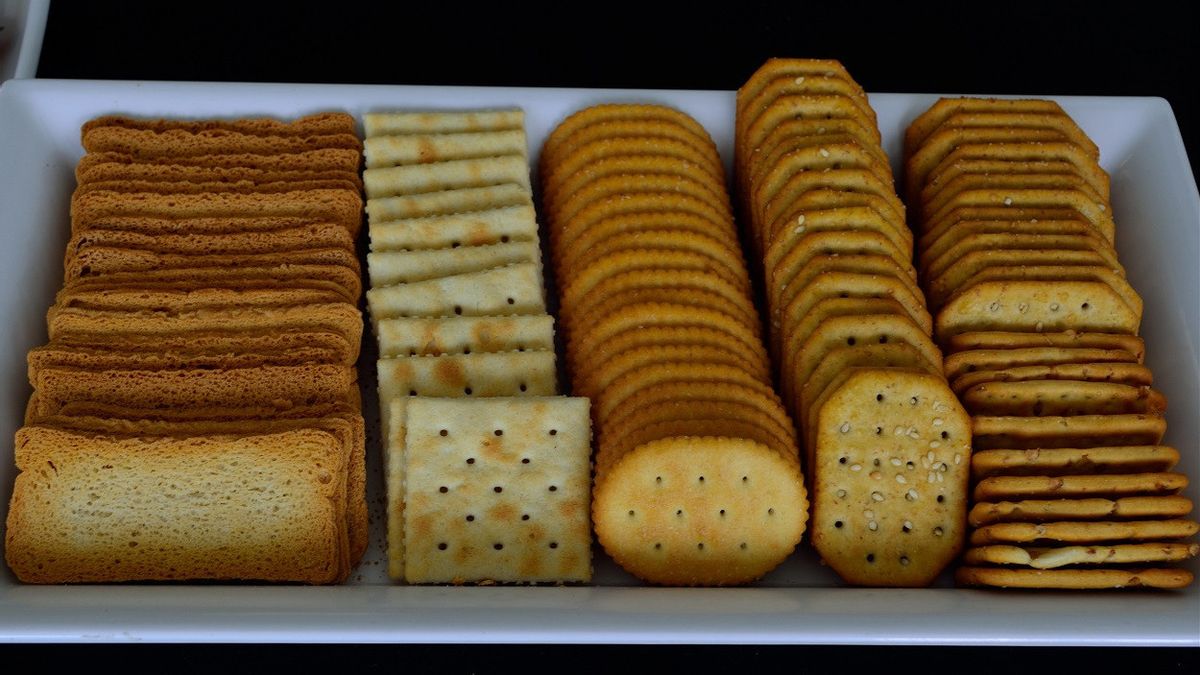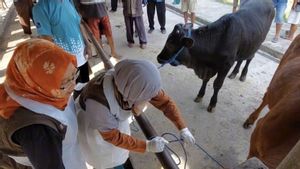JAKARTA - Malaysia says the health risks of biscuits are 'low', after a Hong Kong study warned of carcinogens.
The health risk from some of the carcinogenic substances found in locally produced biscuits is 'low', said Malaysia's Director General of Health Dr. Noor Hisham.
Dr. Noor Hisham's comments were in response to a Hong Kong Consumer Council report, which said carcinogens were found in 60 brands of flour confectionery products.
In addition to other popular biscuit brands such as Ritz and Oreo, the report also said acrylamide and glycidol were found in biscuits from Hup Seng, Jacob's, and Julie's produced in Malaysia.
According to the International Agency for Research on Cancer (IARC), acrylamide and glycidol are carcinogenic substances and pose a risk to health.
"Although this substance is found in biscuits, the health risks of consuming it in this form remain low," says Dr. Noor Hisham.
He added, acrylamide is a contaminant that can be produced during the manufacturing process or food processing. However, these pollutants can be controlled through the selection of the right raw materials and processes.
Local health authorities have been monitoring acrylamide levels in the product since 2015, finding acrylamide levels to be "below the benchmark" set by European Commission Regulations, Dr. Noor Hisham said.
For example, an average of 246 micrograms per kilogram of acrylamide was found in crackers and crackers at the local market, below the 350 micrograms per kilogram guideline.
SEE ALSO:
Dr. Noor Hisham said the Ministry of Health was "always sensitive and concerned about matters that could threaten the health of consumers", encouraging those with concerns to contact local health authorities.
The English, Chinese, Japanese, Arabic, and French versions are automatically generated by the AI. So there may still be inaccuracies in translating, please always see Indonesian as our main language. (system supported by DigitalSiber.id)


















